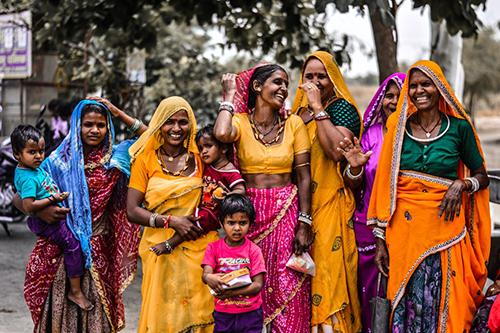Joaquim Magalhães de Castro
We know that, at this time, D. Pedro II tried to use the services of João de Brito to obtain two Indians specialized in the cultivation of pepper and cinnamon, who could be sent to Brazil. Cut off from the eastern spice-exporting ports, and still without Brazilian gold in abundance, the Portuguese Empire sought to resume the spice trade, this time in its American colony.
Although the correspondence from the King to the Viceroy of India reveals that D. Pedro had asked João de Brito to locate people capable of promoting the transplantation of Asian plants, we do not have references that show us the missionary’s commitment in this matter. In fact, as soon as João arrived in Goa on November 2, 1690, he quickly headed for his mission. In February of the following year, he passed through Ambalacata; in April he was already in the Tamil country. All the testimonies of those who contacted him in this period and in the immediate months refer that João’s thoughts were always turned to Maravá. Although he wanted to quickly return to the territory from which he had been expelled and threatened with death, João accepted the request of the new Provincial, his old friend André Freire (1687-1691), to visit the various communities of the Madurai mission.
For about a year, Brito traveled through the country he knew so well, and was able to see his friends again before leaving for his final mission. Once again among the Indians, the missionary had found happiness, as he himself recognized in a letter dated April 20, 1692.
“There is no persecution that can rob me of the joy I feel in preaching, once again, the Gospel to the Gentiles. For the past four months, I’ve been hiding in a forest, living under a tree with tigers and snakes. So far I have not been attacked.” He was already determined to enter Maravá again; he thus sought to redeem himself for his previous “failure” in having obeyed the Sethupathi’s (the local leader’s) order to abandon the territory; he hoped, at the same time, to obtain the grace of definitively identifying himself with his Savior through martyrdom.


 Follow
Follow


